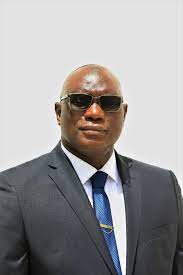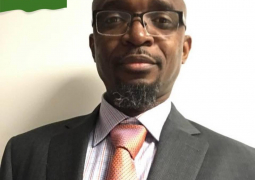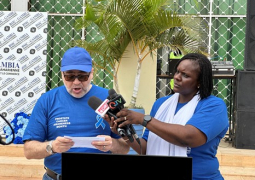
Pressed by host Peter Gomez on complaints that Gambian migrants cannot reach the Ministry in Banjul or any official representatives when in crisis, the minister acknowledged the glaring gap. “Yes, we don’t currently have embassies in Algeria, Tunisia, or Libya. The only way they can get help is to reach out to the nearest mission, which is Morocco. And in some cases, yes, we rely on our Senegalese brothers to assist,” he said.
“We have a very longstanding relationship with Senegal. On the diplomatic front, we help one another. So, yes, if our nationals in Libya, Algeria, or Tunisia need help, sometimes they can go to the Senegalese mission,” he said.
Njie insisted that the government is not abandoning its citizens. He highlighted recent interventions, including evacuations from Mauritania, where undocumented Gambians had faced deportations. He credited President Barrow for personally contributing funds to assist with transport and logistics, and confirmed that immigration officers had been dispatched to help regularise papers for stranded nationals.
When asked if his ministry even maintains a database of missing Gambians in North Africa and the Sahel, Njie could not provide figures. “I may not be in a position to give a figure now,” he said, promising to consult with his directorate before releasing numbers.
The minister estimated that 236,137 Gambians are currently living abroad, an astonishing figure for a country of barely two million. He praised the Diaspora contribution, noting that remittances account for 28% of The Gambia’s GDP. He also unveiled a Diaspora Development Fund, launched in 2022, which has co-financed more than 60 projects and disbursed €275,000 in grants to 55 Gambians abroad.
He also revealed that President Adama Barrow personally contributed funds for the evacuations. “The President provided substantial resources to support the evacuation of our nationals from Mauritania, Tunisia, and other countries in the region,” he revealed.
Yet, Njie conceded that many of the crises stemmed from lack of documentation, prompting Banjul to send immigration officers to Mauritania to issue papers to undocumented Gambians.
When asked why Gambians must risk the Mediterranean in such large numbers compared to neighbours, Njie said the crisis is continental and not unique to The Gambia, though he admitted more must be done to curb irregular migration. “The best way is to ensure that whoever wants to travel; travel decently rather than risking their lives. But we also know visas are often denied, and that’s a challenge,” he said.




